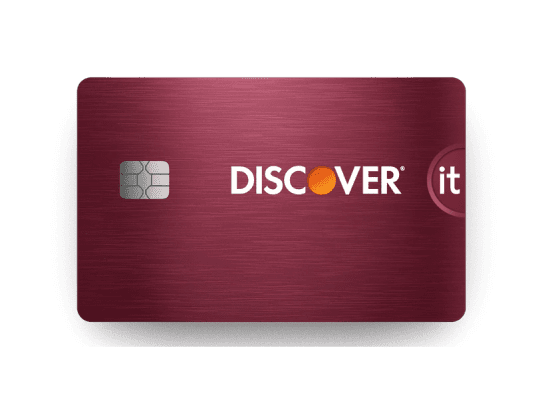Bankruptcy may offer another type of debt relief. When you declare bankruptcy, it can stay on your credit report for up to 10 years, which can negatively impact your credit score and may affect your ability to get new credit or open credit cards.
According to U.S. Courts, when you declare bankruptcy, a court may discharge certain types of debts, like medical debt, while restructuring others and preserving assets. Discharging a debt in bankruptcy releases you from personal liability. Individuals may represent themselves in bankruptcy court or consult a bankruptcy attorney if they feel they need to pursue this option.
In a Chapter 7 bankruptcy, the individual may need to sell some of their assets to pay a portion of the outstanding debt. In a Chapter 13 bankruptcy, the court restructures the outstanding debts so the individual may pay all or some of the agreed-upon balance over three to five years. Under Chapter 13, the debtor must complete the payment plan to receive a discharge of the remaining debts.
Secured debt, like a mortgage, which includes collateral (usually the financed house), and unsecured debt, like credit card debt, are handled differently during a bankruptcy. And there are various types of bankruptcies, so be sure to research which option may be best for your situation.







